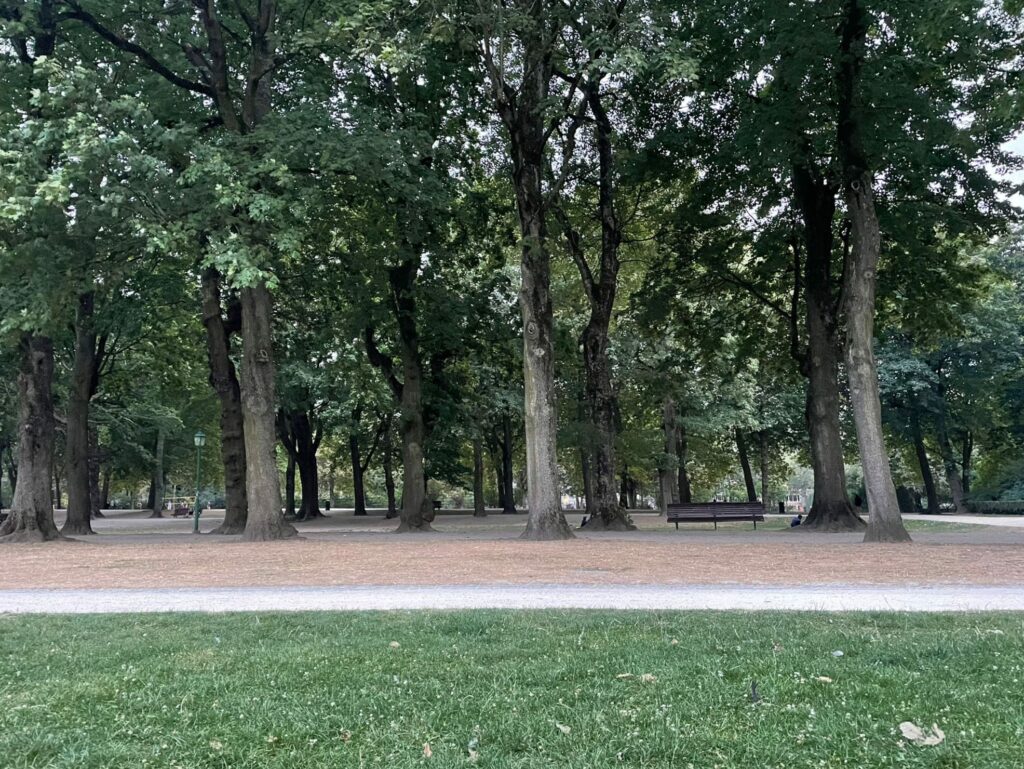The Governor of West Flanders, Carl Decaluwé, repeated his call to the Drought Commission to take additional measures, such as a ban on spraying lawns or washing the car, before the water levels become critical.
Despite the persistent drought and the fact that no significant rainfall is expected in the coming days, the Drought Commission decided not to take any additional measures on Thursday as the drinking water supply is not yet in danger. However, a critical point could be reached in early September if the current drought continues.
"We are now really in a situation of crisis management," Decaluwé said on Flemish radio on Friday morning. "It is not going to rain structurally in the coming days and weeks. We should not wait until we reach the critical point. I still see people around me washing their cars and having a green lawn."
As a member of the Drought Commission himself, Decaluwé has been arguing for additional, wide-ranging measures to prevent the population from wasting water for some time, including a ban on washing the car or watering the lawn.
Sense of urgency
Solidarity should also play a role even if the consumption of tap water is not at peak levels. "I find it unacceptable that some people having a green lawn while a few kilometres down the road, farmers can no longer water their crops and have to let their harvest wither," Decaluwé said.
Additional measures can create a "sense of urgency" among the population. Decaluwé calls for a specific ban on washing cars, filling swimming pools or watering the garden, even if it is not always easy for the authorities to control.
And though he has urged these measures at the Drought Commission, Decaluwé lamented that he is not listened to: "I am almost the only one talking. The Drought Commission is dominated by the drinking water companies."
Related News
- Belgium could tighten water-saving measures from September
- 'Tense weeks ahead': Unprecedented water-saving measures increasingly becoming reality
- Current drought appears to be the worst in Europe in at least 500 years, EU experts warn
Whilst Decaluwé did say that those companies are only part of the Drought Commission to serve their own interests, he did point out that "drinking water companies are companies. Good and reliable companies, but they are still companies that have to sell water."
That is why the authorities need to go a step further and look at the overall picture, Decaluwé said. "Climate change is happening more quickly than we can act. Just try to build a large buffer basin, and see how long it takes. Climate change is happening faster than obtaining an environmental permit."
Next Thursday, the Drought Commission will meet again but it remains to be seen whether broader measures will be taken.

